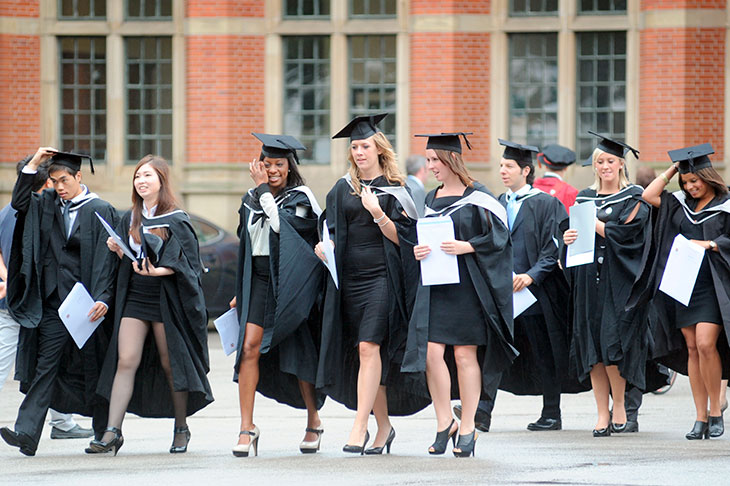It is often said that the left does not understand human nature. Yet it is difficult to think of anything as antithetical to Homo sapiens as the notion, popularised by free marketeers during the 1980s, that people would willingly evacuate those parts of Britain where ‘market forces’ had decreed that collieries and steelworks were no longer profitable. People did not ‘get on their bikes’ — in Norman Tebbit’s notorious phrase — once industry was shut down; instead they grew resentful at a world they felt had little respect for their lives or communities.
We often refer to these people as ‘left behind’ — or as the journalist and author David Goodhart calls them, ‘Somewheres’. Shortly after the Brexit referendum of 2016, Goodhart wrote another book which popularised that term, along with ‘Anywheres’ — a division which (he argued) had replaced class antagonisms as the main political dividing line in contemporary Britain. Anywheres were more at home in airport terminals than working men’s clubs; Somewheres favoured community and family, and lived in the towns where they had grown up.
Goodhart’s latest book, Head Hand Heart: The Struggle for Dignity and Status in the 21st Century, builds on those (by his own admission) imperfect categories, and is concerned with improving the status of Hand (manual work/basic job) and Heart (care work). Our ‘bloated cognitive class’ of Head workers has become too powerful, Goodhart argues.

Drawing on Michael Young’s dystopian novel The Rise of the Meritocracy, Goodhart laments the peculiar manifestation of social mobility in Britain whereby we ‘undervalue everything that is not cognitively complex’. We hear a great deal from politicians about the mobility of ‘poor but bright’ kids and little about the poor but less academically gifted. This is a strange — and morally questionable — state of affairs considering what we know about intelligence: that it is to a significant extent heritable.







Comments
Join the debate for just £1 a month
Be part of the conversation with other Spectator readers by getting your first three months for £3.
UNLOCK ACCESS Just £1 a monthAlready a subscriber? Log in